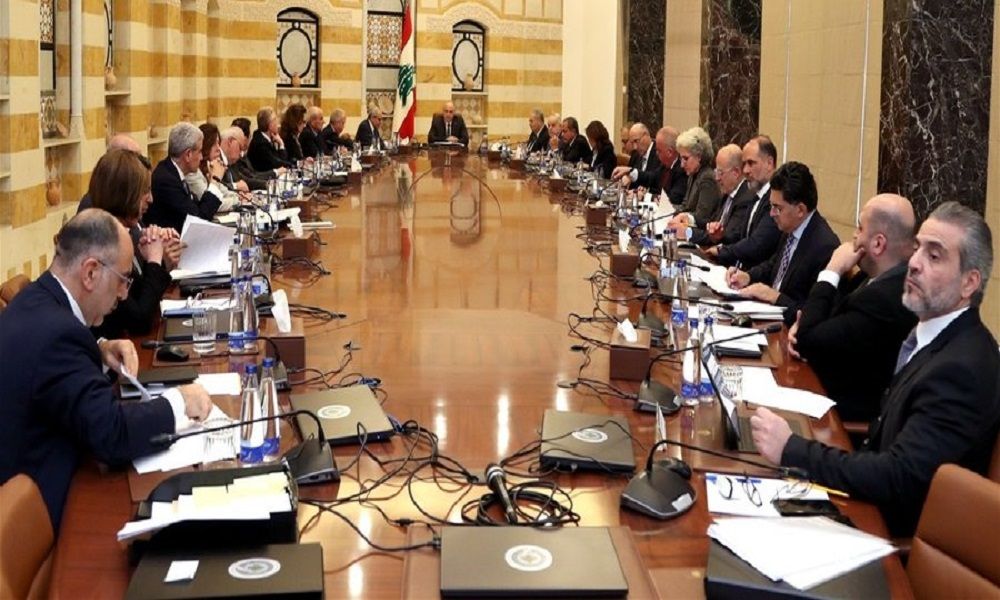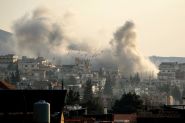
The Council of Ministers formed a ministerial committee Wednesday to examine proposed amendments to the election law and submit a comprehensive report within a week.
A total of fourteen items were on the agenda of the meeting held in the presidential palace under the chairmanship of President Joseph Aoun.
The agenda included two draft laws submitted under an accelerated procedure.
The first, presented by the Ministry of Foreign Affairs, aims to amend certain provisions of the current electoral law, particularly to regulate the voting process for Lebanese residing abroad. The second, submitted by the Ministry of Interior and Municipalities, proposes a revision of Article 84 of the same law, which provides for the introduction of a magnetic card allowing voters to cast their ballots outside their original constituency.
This approach indicates that no new draft law marked as “urgent and exceptional” will be sent to Parliament.
Reading out the Cabinet’s decisions, Minister of Information Paul Morcos quoted President Aoun as saying that “he believes that what is happening in Parliament is delaying decision-making,” adding that “parliamentary sessions should not be boycotted” and urged the authorities to activate the work of state institutions, noting that the country cannot withstand any further turmoil.
Morcos highlighted President Aoun’s condolences to the family of Elio Abu Hanna, who was killed on October 26 by armed Palestinians near the entrance of Shatila camp south of Beirut.
He also quoted Prime Minister Nawaf Salam as saying that “significant progress has been made in confining weapons in the Palestinian camps, and the disarmament process must be completed.”
Salam stressed that the investigation into Abu Hanna’s murder is advancing and that weapons still held by certain factions pose a danger to Lebanese citizens and do not serve the Palestinian cause.
The Council also examined a proposed mechanism to assess and compensate for damages caused to residential and non-residential units as a result of the war between Hezbollah and Israel.
Upon his arrival in Baabda, Interior Minister Ahmad Hajjar acknowledged that political debate remained “heated” regarding the many items on the agenda. He noted that discussions around the two electoral law proposals have now become central. “We remain within a reasonable timeframe and can consider any necessary amendments,” he said.
The minister also reaffirmed the State’s determination to continue the disarmament of Palestinian camps, assuring that the Lebanese Army “is taking the necessary measures” to implement this decision in a coordinated and gradual manner.
The decision to demilitarize the Palestinian camps was adopted last May during a summit between President Aoun and Palestinian Authority President Mahmoud Abbas. Operations in this regard began in August, with the partial handover of weapons in certain camps in Beirut and South Lebanon.



Comments